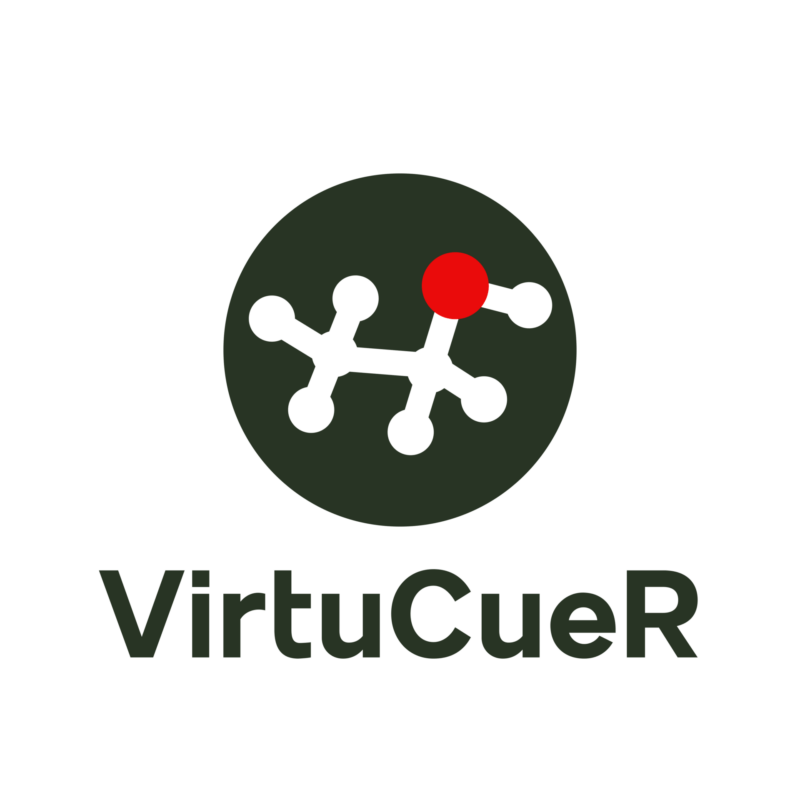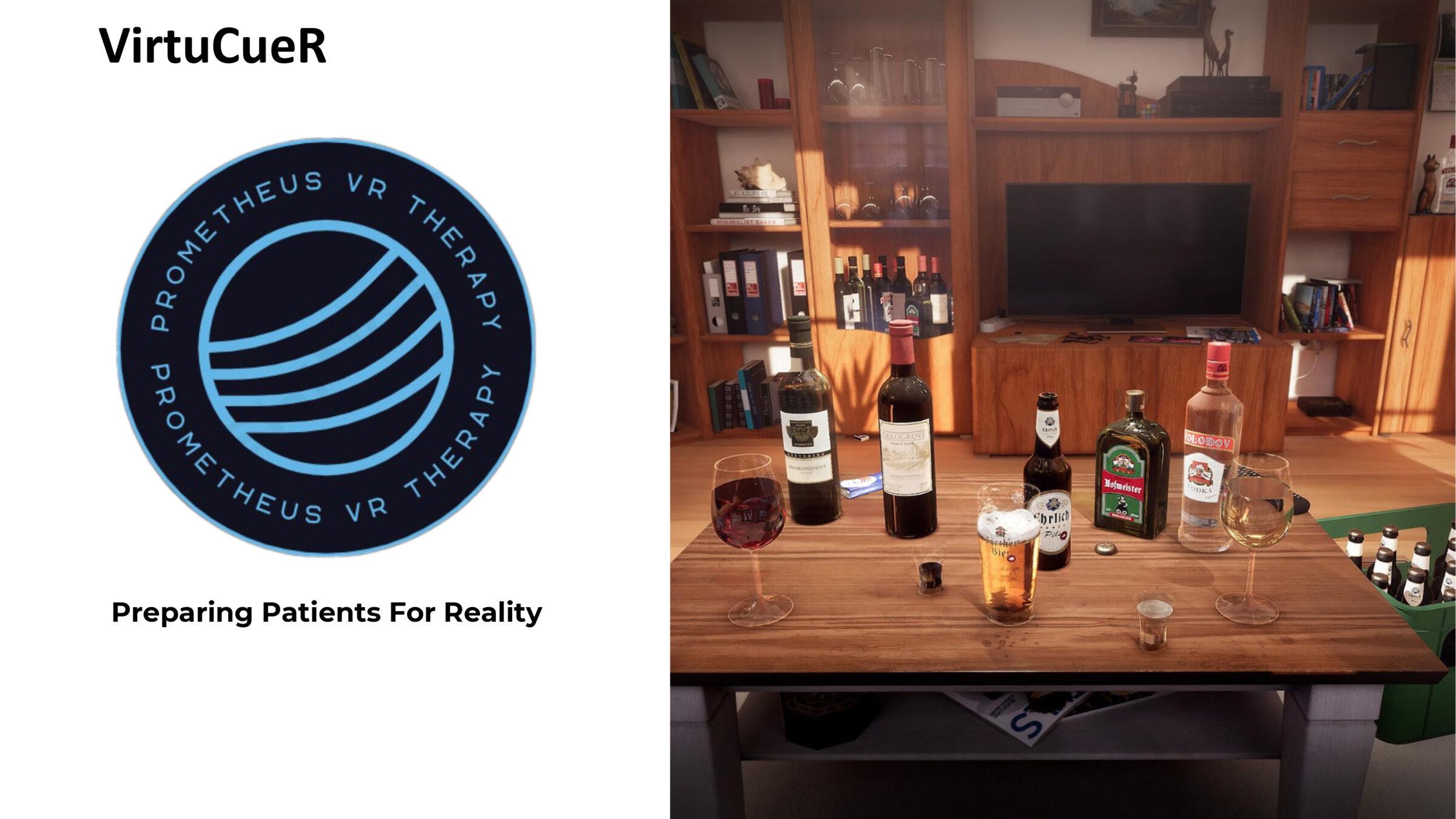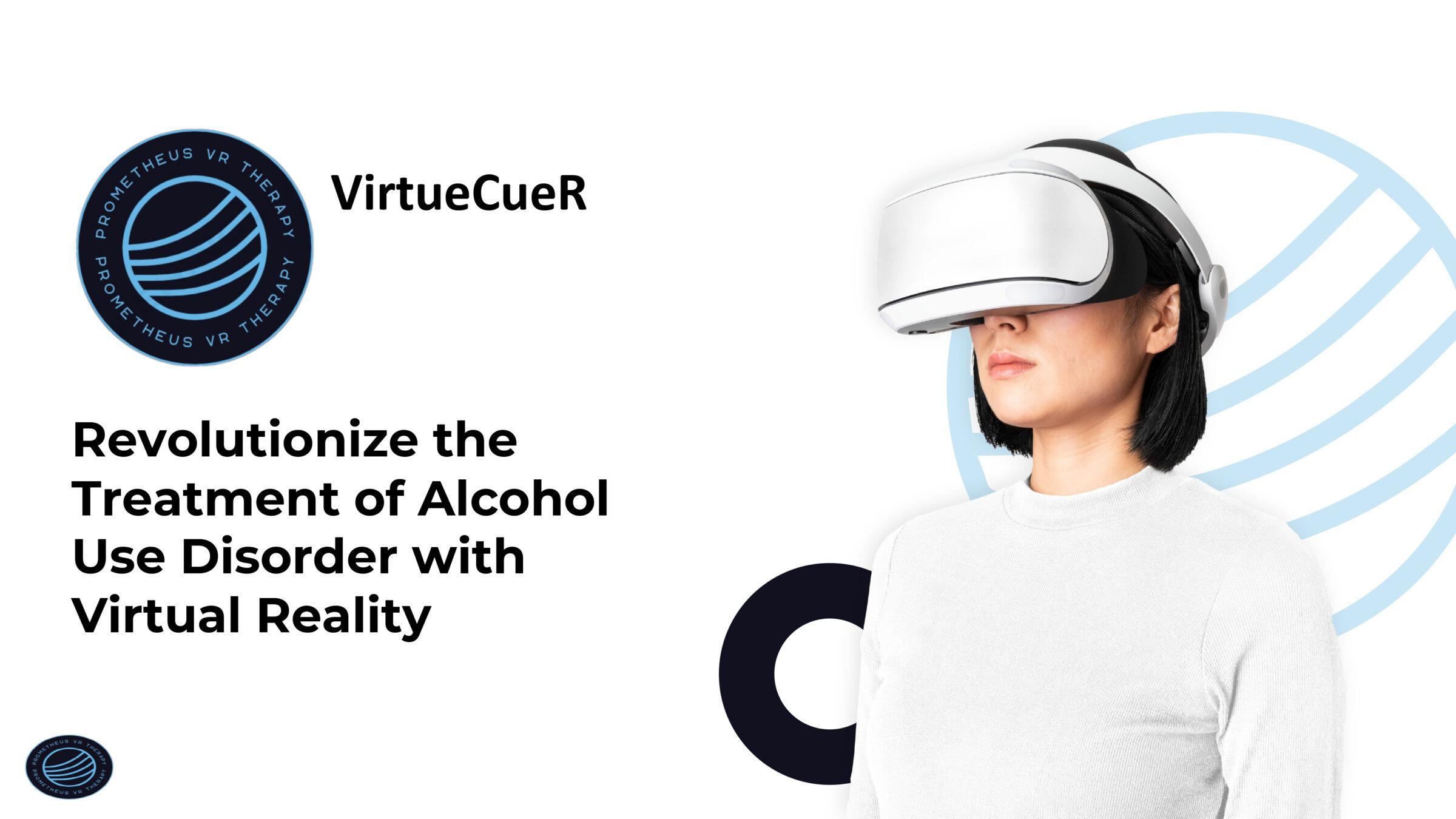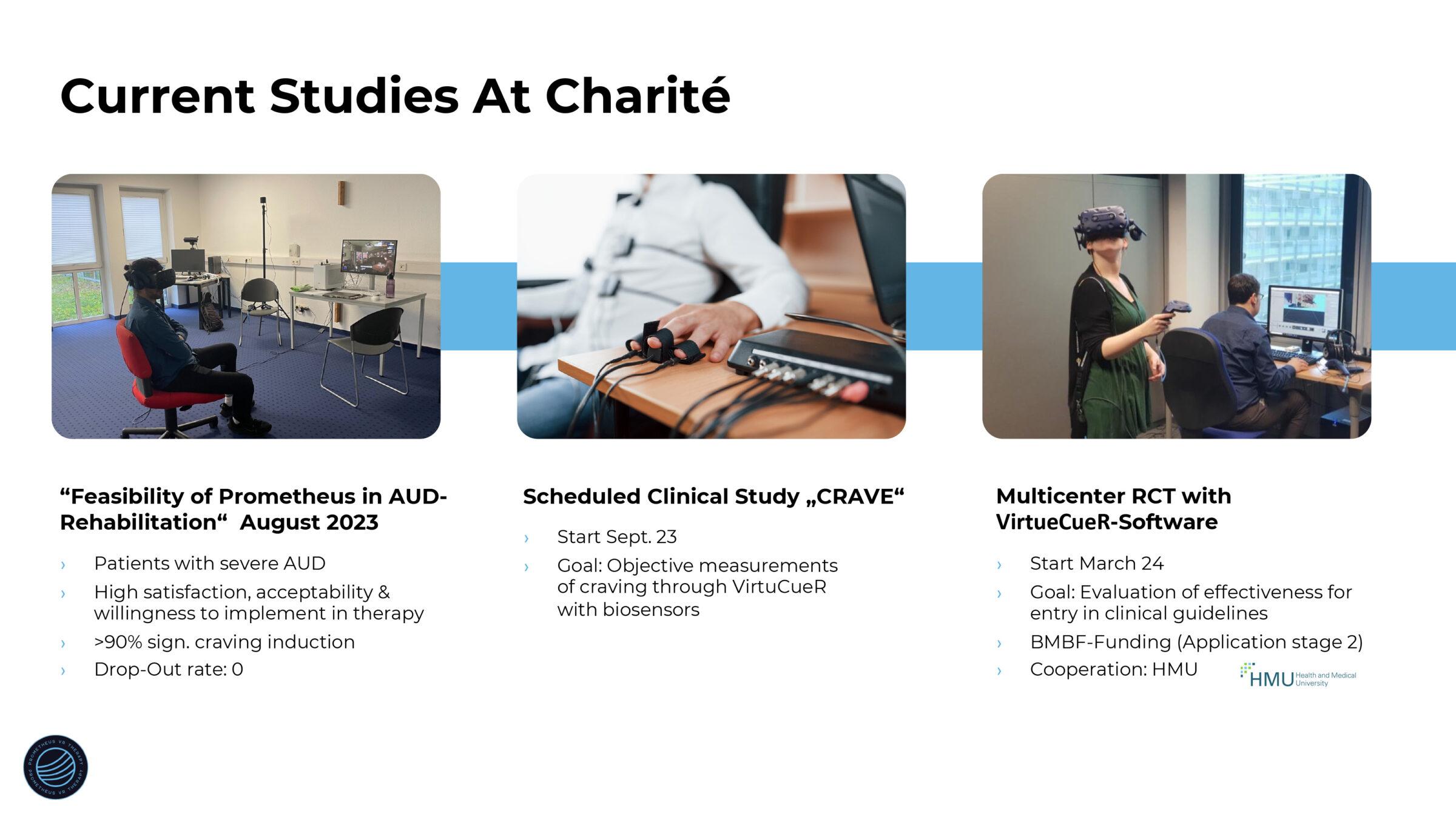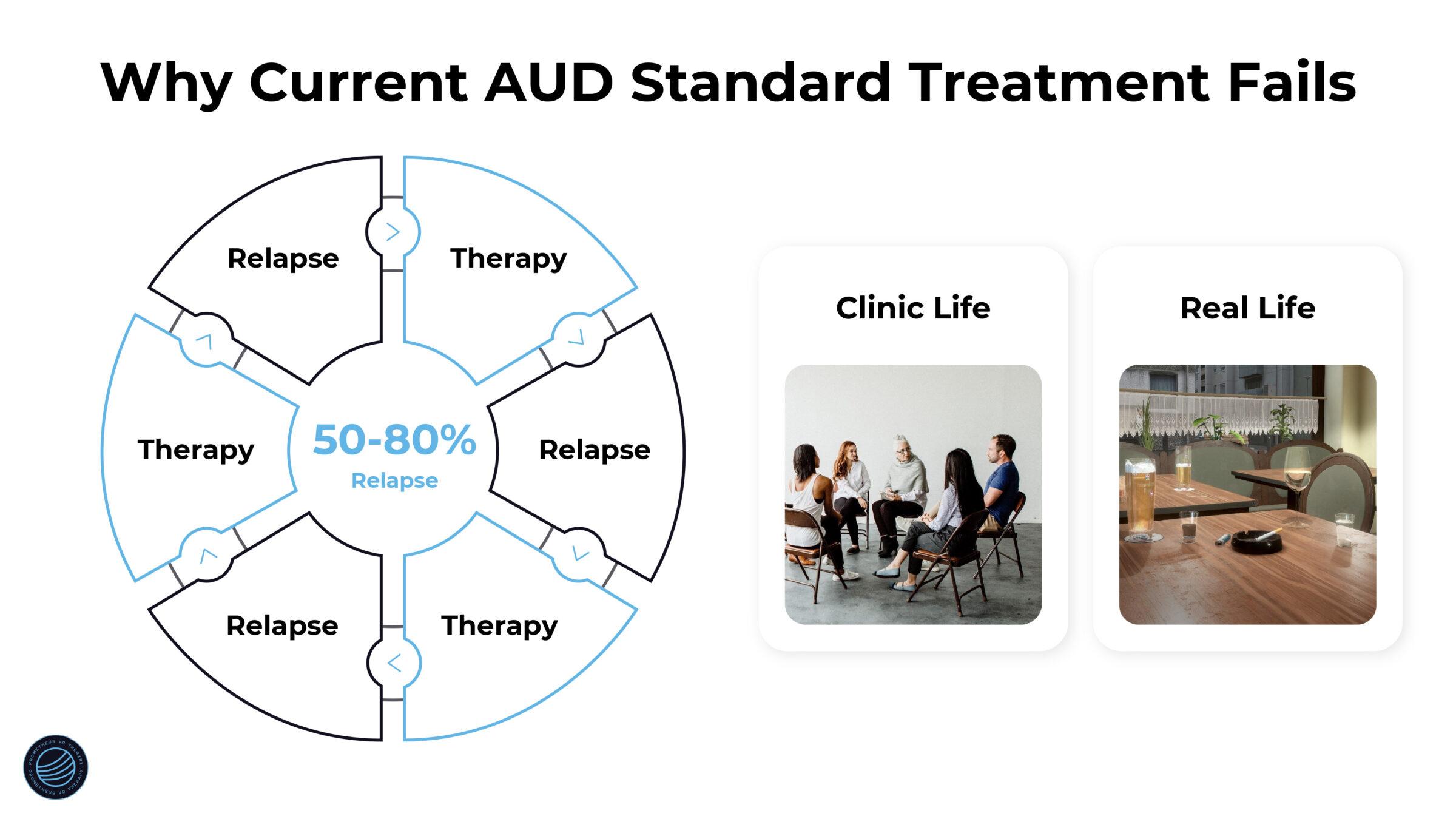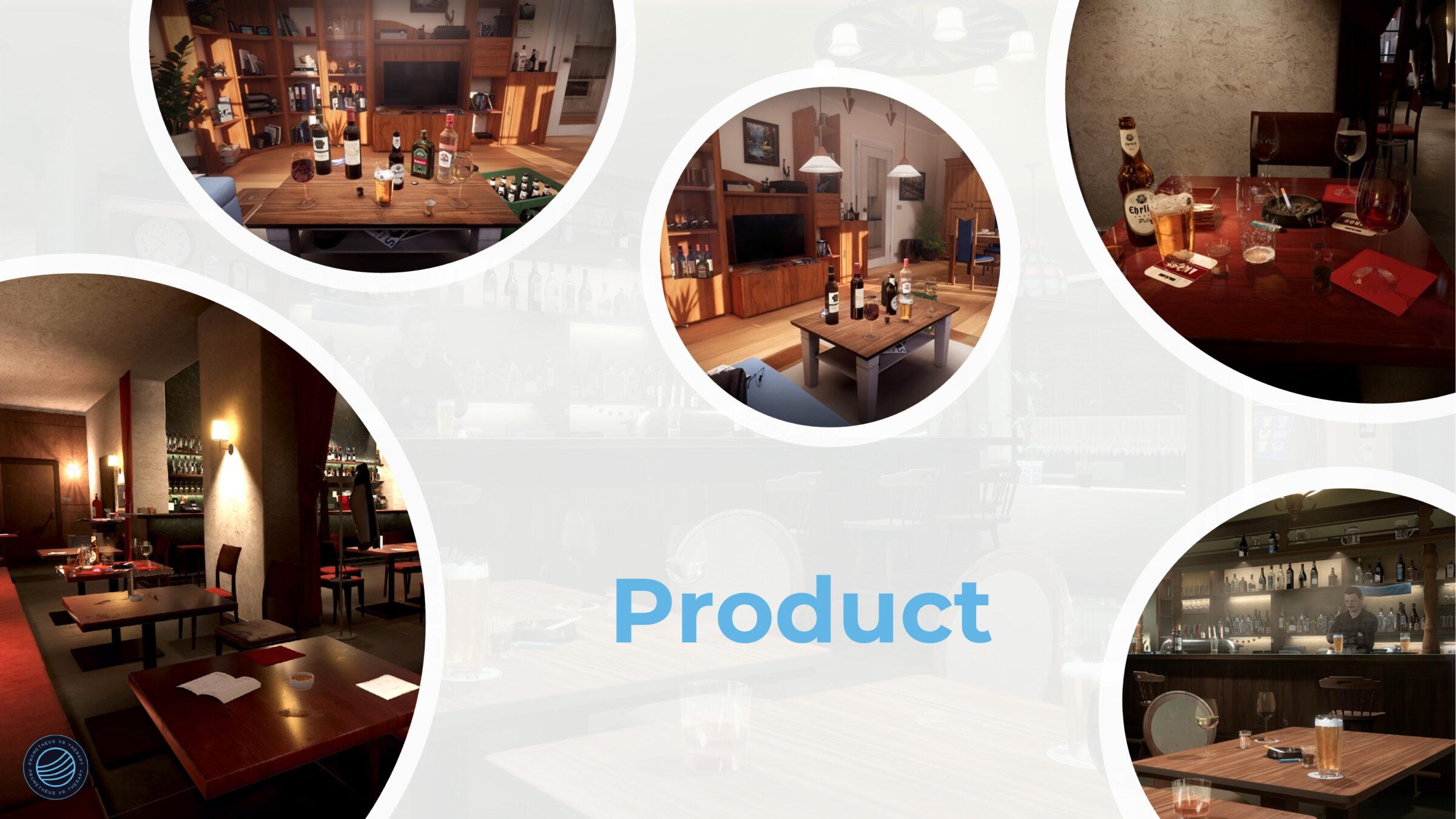A VR-Based Treatment to Reduce Relapse & Craving for Alcohol-Dependent Patients
Pre Spin-Off
Project WebsiteIn Germany alone, 1.6 million people are alcohol dependent. Affected individuals often suffer from health issues, unemployment, and social exclusion. The indirect costs for the economy due to loss of productivity are estimated to be 30 billion Euros. Crucially, alcohol dependence is characterized by a chronicity, with relapse rates up to 80 percent after rehabilitation treatment. This fact points to a fundamental deficit in the current care path for alcohol-dependent patients.
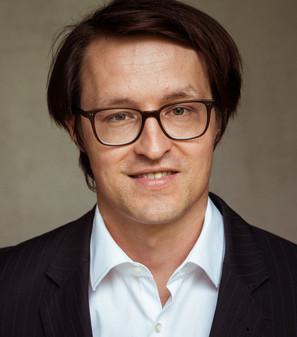
Stefan Gutwinski
(Charité)
Project Lead
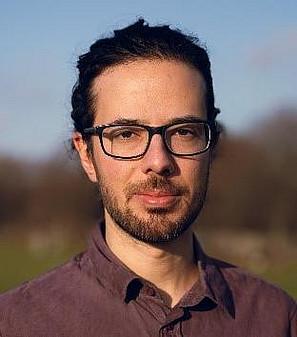
Nikolaos Tsamitros
(Charité)
Project Lead
Craving is defined as a strong urge and desire to consume alcohol; it is one of the hallmark mechanisms contributing to relapse in alcohol dependence. Craving is often experienced in situations that remind the individual of alcohol intake, e.g., the local pub or informal gatherings of social groups. However, most therapies for alcohol dependence do not incorporate these real-life situations in the therapeutic process. Thus, after therapy many patients have not learned how to handle and cope with high-risk situations that make them particularly prone to relapse. VirtuCueR developed a solution to overcome this limitation by using virtual reality technology to expose affected individuals, in treatment, to personalized high-risk situations that elicit cravings. During their treatment patients wear a head-mounted display that exposes them to alcohol-associated environments. This “real” experience and the interaction with the environment can be controlled and adjusted by a nearby therapist.
The overarching aim of the treatment is that patients can acquire specific skills to overcome the craving. Since the treatment will be cost-effective and easily applicable, various professionals (e.g. social workers, psychotherapists, nurses) can administer it. The treatment will be designed for different steps along the care path such as outpatient settings, counseling, and rehabilitation centers to contribute to relapse prevention. The VirtuCueR is a multi-professional team, consisting of psychiatrists, psychologists, and addiction experts from Charité, supported by its technology partner neomento GmbH, a specialist for the development of VR-based medical products for psychiatry.

